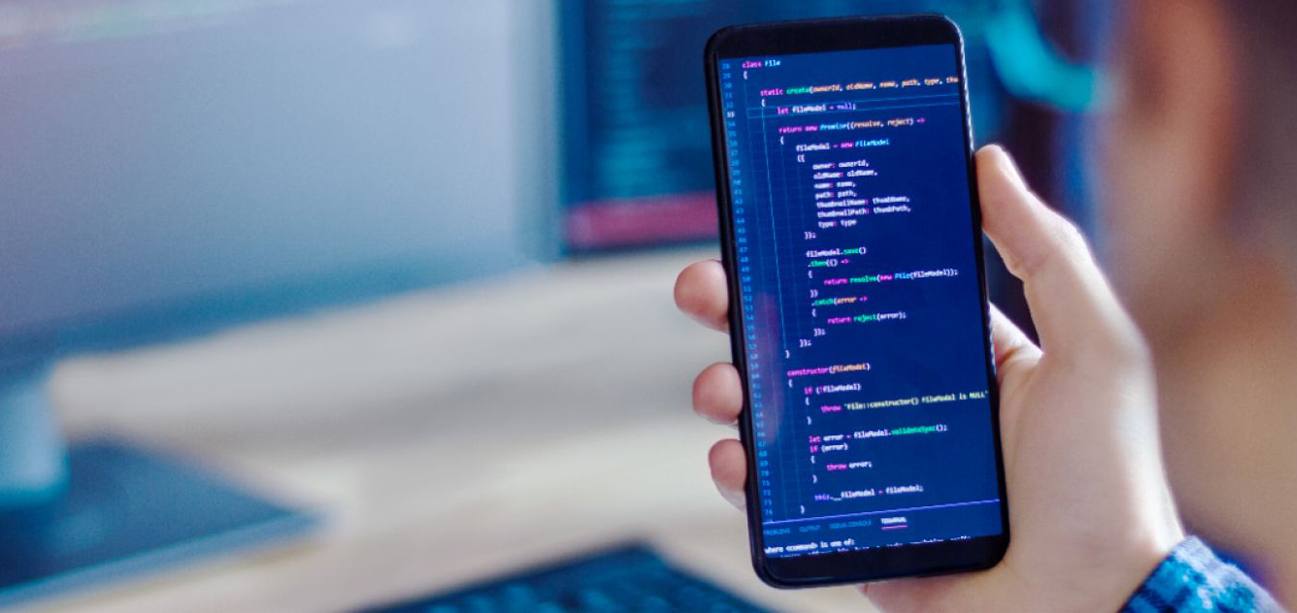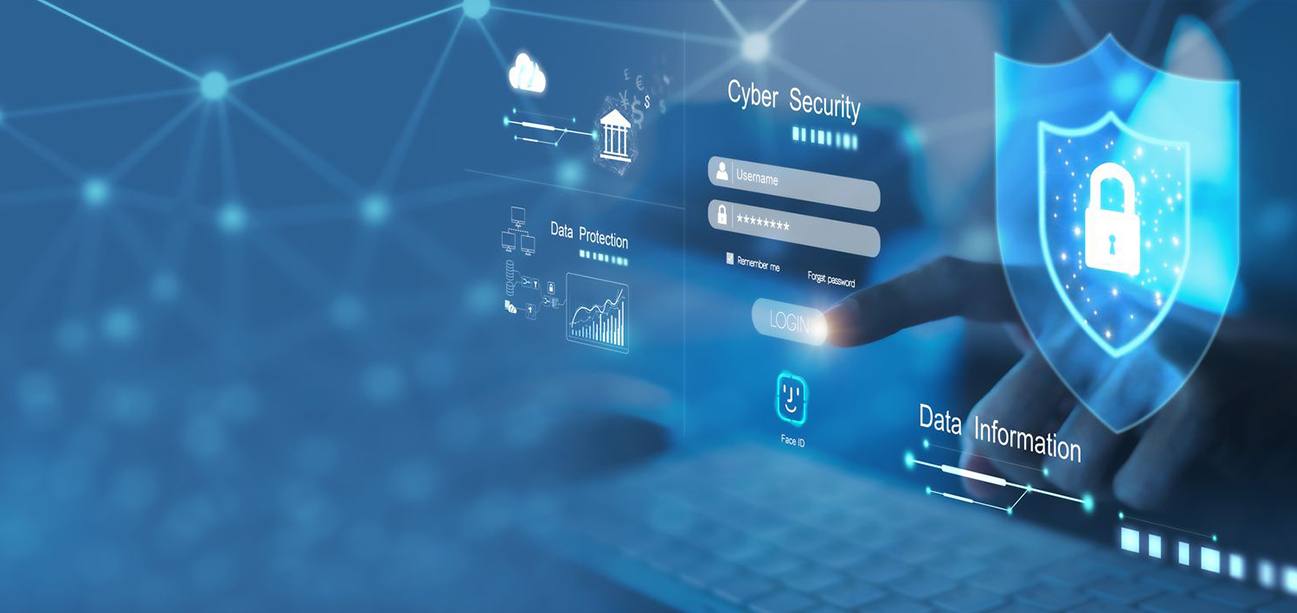

Manage your bank's financial statuses, accounts, and transactions management with just a click on your smartphone. No late sittings at the bank for financial managers to keep all status updates and keen eye on all customer transactions, payables, and receivables. Fictive Studios’ Banking and Finance App Development is offering the best-featured banking mobile app so that your Managers and Finance directors can maintain a work-life balance by reviewing everything and managing all movements of assets through their smartphones.
Only our financial app development company offers smart solutions with smart experience in the field of banking mobile app development. Mobile applications are a necessity for businesses to approach users that are shifting to digital areas. Banking mobile applications are regarded as a must-have for bank and financial operations. Banking is not a luxury anymore; instead, in the era of busy schedules, every individual tries to have their banking details and performances with them on their smartphones.
GET A QUOTEFinTech App Becoming A Necessity
FinTech is a technology used to enhance, modify, or automatically evolve financial services for businesses, consumers, or banks. FinTech simply turns financial transactions more easily accessible and affordable for consumers and businesses. FinTech App development can also be used in companies where AI is used for large bits of data, FinTech can also handle encrypted blockchain technology to make highly secure transactions in the entire internal network. Basically, FinTech is removing all the barriers for consumers; for example, you can transfer money at any time of the day or night, no need to rush to the bank to pay your bills or transfer utilities; it's all sorted and taken care of by FinTech App development. Our FinTech App developers are trained and highly experienced with expert-level knowledge of blockchain, digital banks, and financial programming of apps and are well-skilled in advanced data encryption.

Influence The World With FinTech App Development
FinTech App development is ruling the work of banking and finance app development,With the rise of smartphones. Banking mobile app development provides a convenient way for all users to manage their accounts on the go. Our developers are all set, and a team of FinTech App developers is ready to roll the dice for your banking company and make a mark in the industry of banking.
Digital Banking Becoming Easier Than Ever
A good sum of consumers are already managing their cash flows digitally; this is convenient and easy-to-pay-and-receive payment will lead to more growth in the sector of digital marketing. With the advancement of technology and the widespread of smartphones and mobilized technology, banking is becoming easily accessible, cost-efficient, and user-friendly. Users are now used to the process of digitally transferring amounts, even depositing cheques by scanning the cheques with their phones and using user-friendly banking apps. Our financial app development company provides highly skilled FinTech app developers to create fascinating banking apps and grab more users who are willing to use user-friendly banking apps.
Decentralized Blockchain
When an organization or any individual works on cash flows without a government entity or centralized bank being involved, this technology is called blockchain technology which allows decentralized cashflows. Blockchain technology and applications have been spreading their wings wide in the sky and are continuing to grow more as more industries are turning their faces towards blockchain technology and turn towards advanced data encryption. Hire our FinTech app developers to stay ahead in banking mobile app development and blockchain technology.
Artificial Intelligence And Its Impact On FinTech
Artificial intelligence is reducing operational costs and is increasing rapidly with the value provided to the clients and is excellent support in detecting and highlighting frauds or scams. Technologies like artificial intelligence and machine language are spreading at a high rate in organizations as they have become more accessible and affordable and are playing large roles in Banking and financial app development.
The Significance Of Banking Mobile App Development
The existence of banking mobile app development can not be ignored; it is very important to see why banks should have their own customized banking app. This is why, Invest in your banking app with Fictive Studios and make a mark with banking mobile app development in the industry. Most of the financial institutions that revolve around the market are using mobile app solutions to stay connected to their users and keep a proper eye on cash flows and transactions that are made physically or digitally. Banking mobile app development provide high security and data privacy too
- Sufficient Comfort To Customers
- Competitive Advantage
- Being Cost-effective
- Providing Data Analytics
- Security Features
Fictive Studios observes the importance of banking mobile app development in today's world, due to which we provide best-made apps at budget-friendly models of payment with an experienced team of developers. Feel free to contact our Banking and Finance Mobile app developers and get polished and advanced solutions.
What is the need for a financial banking application?
Why choose Fictive Studios to build Banking App?
How much does it cost to build a banking and finance mobile app?
Are your developers proficient in FinTech App development?
How to know that the data provided by the bank will be kept safe?
Will your developers assist us if any upgrade is needed?

Building The Future One Line Of Code At A Time

Mobile App Solutions For Everyone, Everywhere
We pride ourselves on our ability to bring your unique vision to life through our cutting-edge technology and innovative solutions.
Retail, Ecommerce
Education & e-learning
Healthcare & Fitness
Logistics & Distribution
Social Networking
Real Estate
Travel & Hospitality
Food & Restaurant
On-Demand Solutions
Gaming
Partnerships We Have Built Through Our Digital Solutions
At Fictive Studios, we are proud to have partnered with over 2000 businesses, ranging from startups to enterprises, to provide industry-leading mobile app development solutions tailored to their unique business needs. Every business is different, and we are passionate about helping our clients achieve their goals through our extensive range of app development services.
Start Up Business

Small & Med Business

Enterprise

Agencies

What Our Clients Say
We possess the capability to create applications across a diverse range of genres - simply specify your requirements and we'll bring your vision to life.

Let's Build Something App-tacular Together
Join forces with Fictive Studios, the premier Mobile App Development Company in the US. With our bespoke app development solutions, watch your business soar to new heights.
GET A QUOTE






















